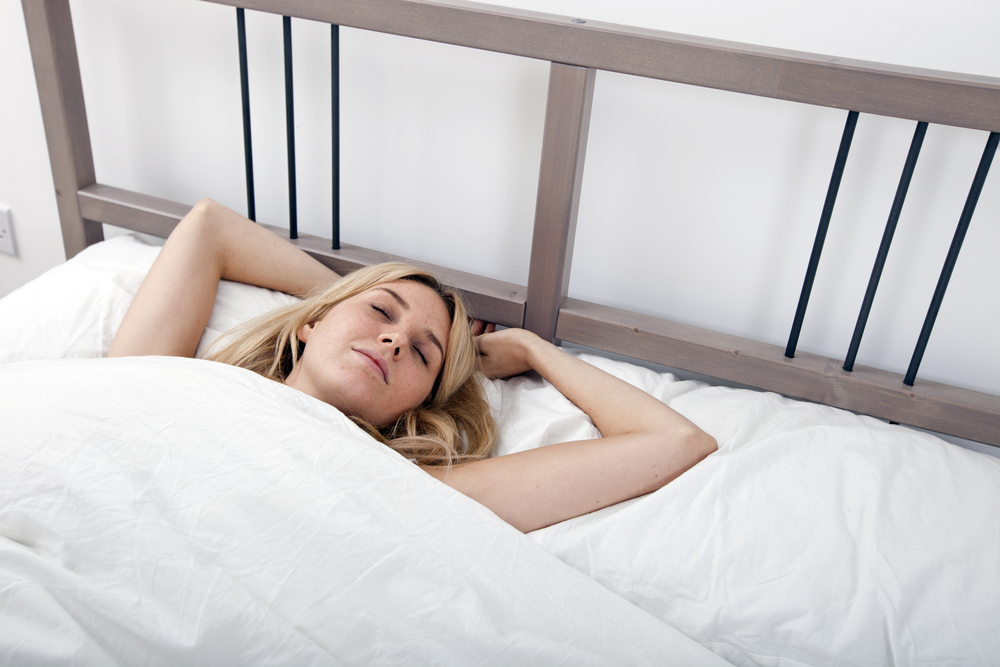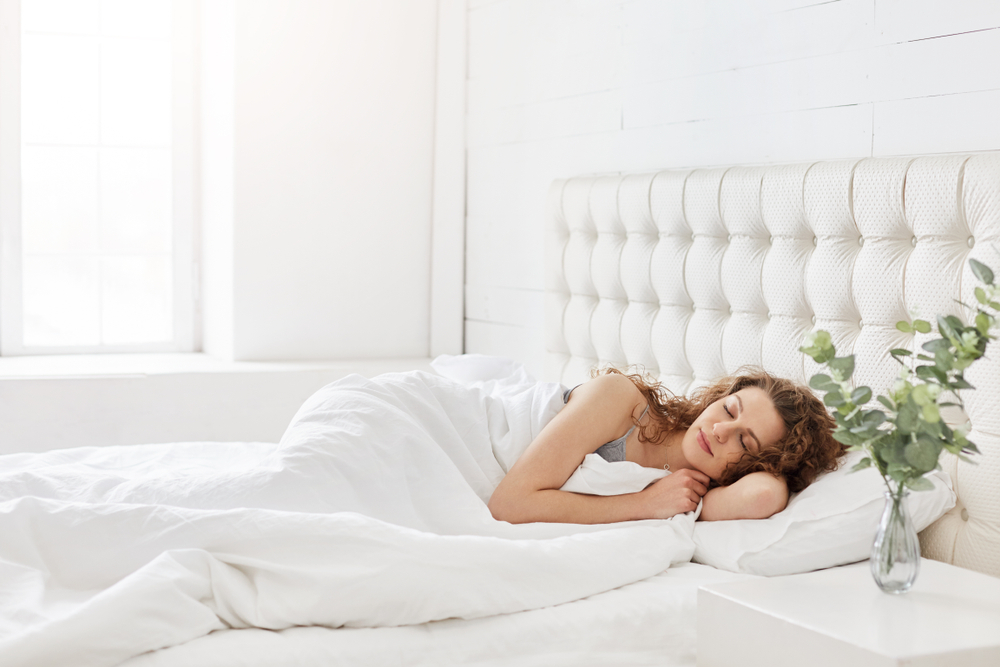
Discover how a few easy changes may transform your bedroom into a haven of pleasant sleep and lovely dreams. Did you know that the quality of your sleep might be affected by your bedroom? Scientific studies and sleep experts have shown that our surroundings have tangible and measurable effects on sleep, from temperature to light and more. Whether you merely want to provide yourself with the most satisfactory foundation for rest or trying to overcome sleep disorders, improving your bedroom may make dreams come true. According to prominent sleep hygiene specialists and current studies, I have compiled a list of some of the most significant ways you may improve your sleeping environment. Continue reading to find out which environmental modifications have the most influence on sleep.
It is Time to Cool Off
Most sleep specialists agree that the ideal temperature range for slumber is between 60 and 72 degrees Fahrenheit. If I do not want to put the air conditioner on full blast all night, I may install a ceiling fan, use an electric fan, or open windows when nighttime temps are low. Cooling mattress pads and lighter-weight bedding may also be beneficial. I experiment with different thermostat settings to determine what seems the most comfortable to me, as everyone's preferences vary. If I am a heater and my spouse is shivering, it could be a good idea to use separate blanket thicknesses so we can both sleep well.
Maintain the Darkness
Our Suprachiasmatic Nucleus, located in the hypothalamus, is responsible for controlling our internal clock, dependent on light signals received via our optic nerves. When light is noticed, it slows melatonin production, creates cortisol, and raises our body temperature, causing us to become awake. Electrical light exposure before and during sleep, according to research, suppresses melatonin, the hormone responsible for regulating sleep-wake cycles. Even modest lights have been demonstrated to have harmful impacts in animal tests. As a result, darkness is essential for deep, restorative sleep and maintaining a regular sleep schedule. Before going to bed, I attempt to switch off or cover any electrical lights in my room. If I am worried about making my way to the restroom at night, a motion-activated night light or under-bed light can help me find my way without disturbing my sleep.
Silence Unwanted Noises
Several sounds might make it challenging to go asleep or wake us up during the night, ranging from televisions to neighbors to neighboring snorers. Even if we do not recall waking up, noises might disrupt our deep sleep cycles. Because I live in a setting with noise beyond my control and it interferes with my sleep, earplugs or a white noise machine might be beneficial. White noise or peaceful natural sounds can help you sleep by masking background noise and making it simpler to fall asleep. When it comes to snoring companions, earplugs and white noise may also be helpful. I also readjust them. However, if my partner's snoring is thunderous or it seems like they are not breathing, I call their attention to it since it might indicate sleep apnea.
Get Rid Of The Television
While it may seem pleasant to curl up in bed and watch our favorite shows, studies have shown that televisions steal sleep. The motion and sound excite our minds, while the light hinders your body's natural clock from properly regulating sleep. Television before bedtime is also linked to various sleep issues in babies and children, including resistance to bed and increased anxiety. I try to confine my family's TV viewing in the living room, or at the very least turn the TV off 30 to 60 minutes before going to bed. Less stimulating activities, such as reading, taking a bath, or gentle stretching, are conducive to slumber.
 Use the Proper Bedding
Use the Proper Bedding
Certain textiles have "moisture-wicking" qualities, which means they absorb excess moisture and keep us dry. Cotton, wool, silk, bamboo, and linen are examples, but polyester and synthetic satin may retain moisture and keep us warm. I do not require the most extraordinary thread count sheets on the market, but bedding textiles should feel good on my skin and not get in the way of my becoming comfy.
Remove Clutter
A busy or unorganized environment might prohibit me from dozing off and keep you from feeling peaceful. Spending only a few minutes a day tidying and making sure everything has a "place" may significantly influence. I make an effort to keep bills, office/schoolwork, and other paperwork in an office or otherwise out of sight. To keep clothing out of the way, I use a lidded hamper. In addition, I keep dishes in the kitchen and garbage in the trashcan. A bedside drawer or charming basket stores bits and ends, keeping my area tidy while keeping my basics close at hand.
All In All!

When optimizing your bedroom for sleep, the main principles to remember are calm, dark, soothing, snug, and distraction-free. These bedroom optimization suggestions also apply to children's rooms and might be helpful when setting up a guest room for guests.






Comments (0)
Leave a comment